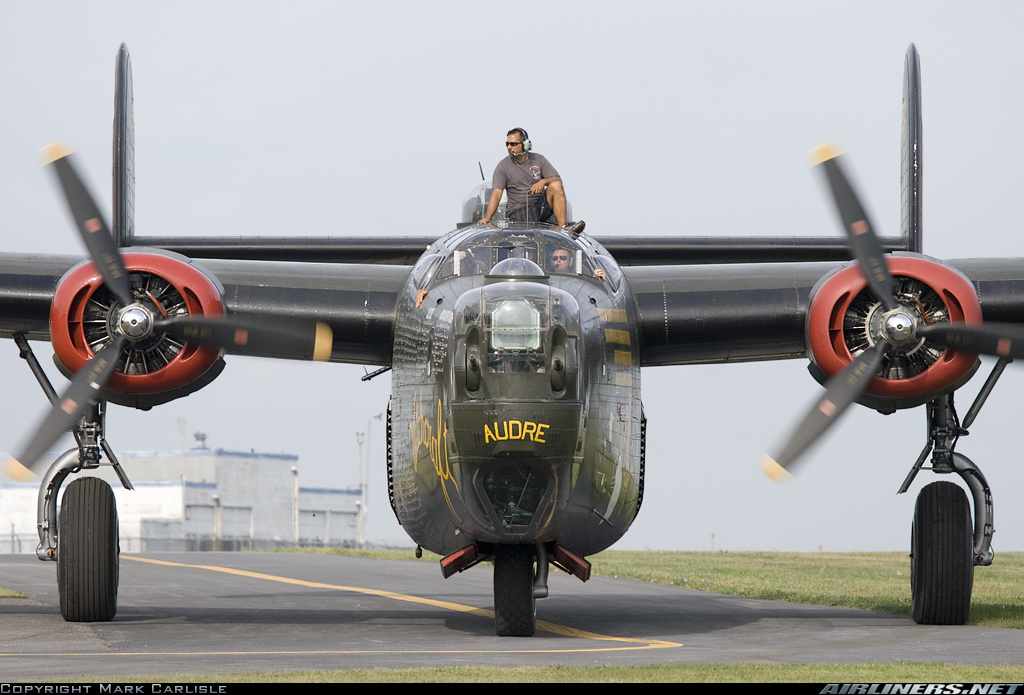
Consolidated B24J Liberator Untitled Aviation Photo 1572172
The United States mobilized its aircraft industry in support of the massive requirements of World War II. The B-24 Liberator was a four-engine, twin-tail heavy bomber assembled by the Consolidated Aircraft of San Diego.. A total of 18,493 Liberators would ultimately be built, more than any other aircraft in World War II.
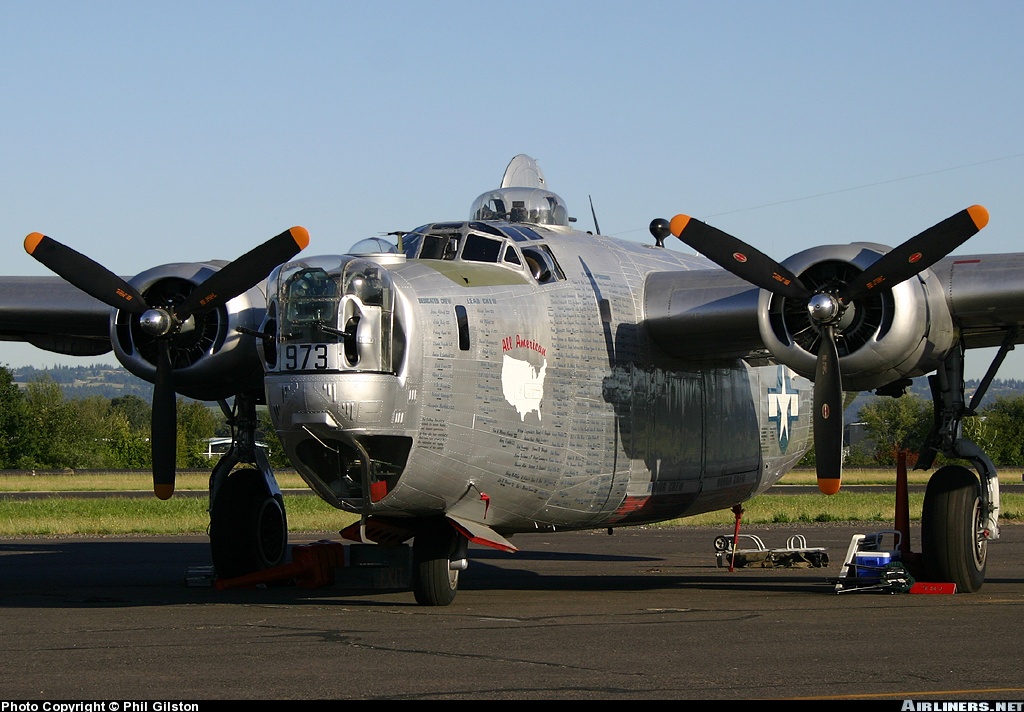
Consolidated B24J Liberator Untitled Aviation Photo 0606342
The Consolidated B-24J Liberator was built in larger numbers than any version of the aircraft, with a total of 6,678 aircraft being built by all five factories involved in the Liberator Production Pool.Originally the B-24J referred to aircraft produced by Consolidated at San Diego and Fort Worth, using modified Consolidated A-6 tail turrets in place of the Emerson turret used on the B-24H.

Consolidated Vultee B24J Liberator, WWII Highwing Fourengine Long
Consolidated B-24J Liberator Consolidated began design work on the B-24 in January 1939 in response to an Army Air Forces request for a heavy bomber with a longer range than the Boeing B-17. The prototype first flew on December 29, 1939.

B24J Liberator 4440760 named "Black Sheep" from the 867th Bomb
The Consolidated B-24 Liberator was a 4-engine, twin-tail heavy bomber designed by Consolidated Aircraft of San Diego. Its first flight was on December 29, 1939, and it began service in 1941. The B-24 was a more modern design than the Boeing B-17 Flying Fortress, with a higher top speed, greater range, higher ceiling, and a heavier bomb load.But the B-24 was more difficult to fly, with heavy.

Consolidated B24J Liberator WW II Pinterest Aircraft, Planes and
The B-24 Liberator was a powerful symbol of US industrial might, with more than 18,000 produced by the war's end. They flew faster and farther than the B-17.
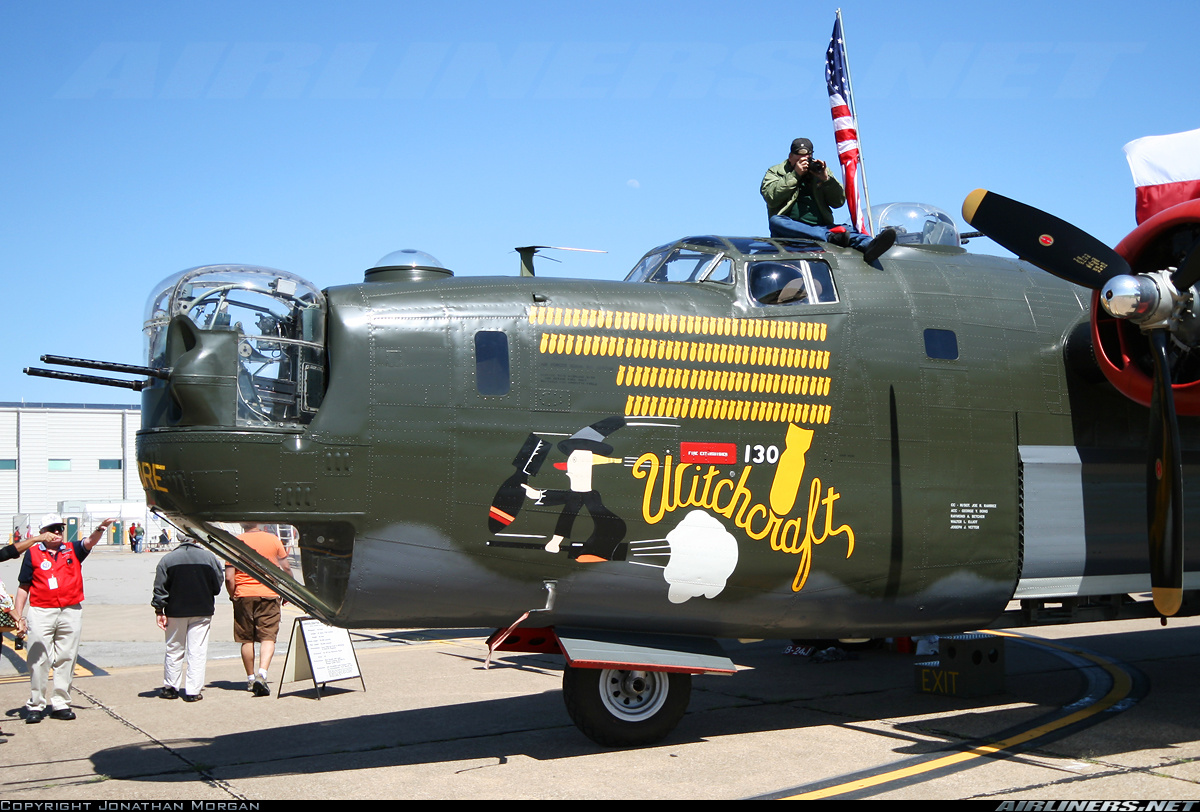
Consolidated B24J Liberator Untitled Aviation Photo 1656249
The Consolidated B-24J Liberator with the serial number 44-40973 "Dragon and his Tail" is one of the most famous of the machines painted by Bartigian on Ie Shima. The bomber survived all missions. Skipper Joe Pagoni, whose crew had flown the plane on most of the 85 missions recorded, later stated that in the B-24 formation "Dragon and his Tail.
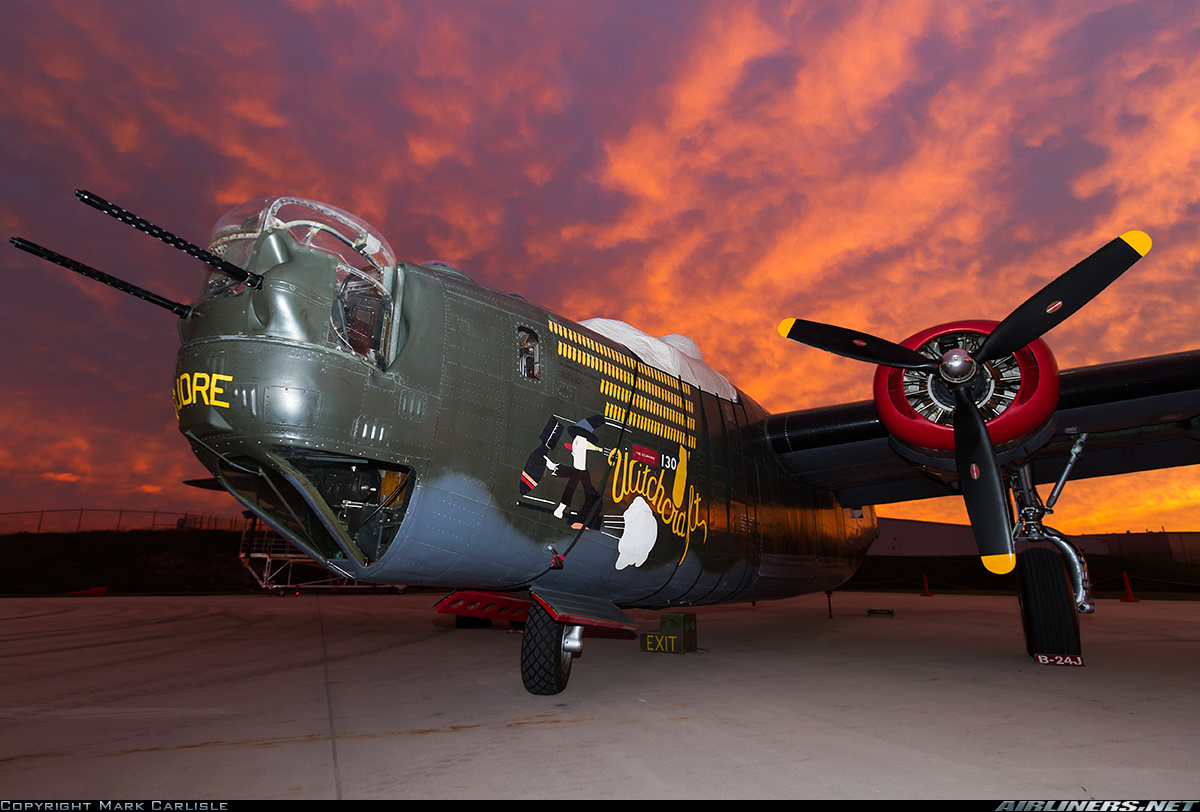
Consolidated B24J Liberator Untitled Aviation Photo 2333685
The impressive Liberator assembly line. A total of 3,100 B-24Hs were produced by Consolidated, Convair, Douglas and Ford. 1943 saw the appearance of the most numerous B-24 variant, the B-24J with new engine controls, a new bomb sight and changes in the fuel and control systems. The final versions, the B-24L and B-24M, had improvements in armament.
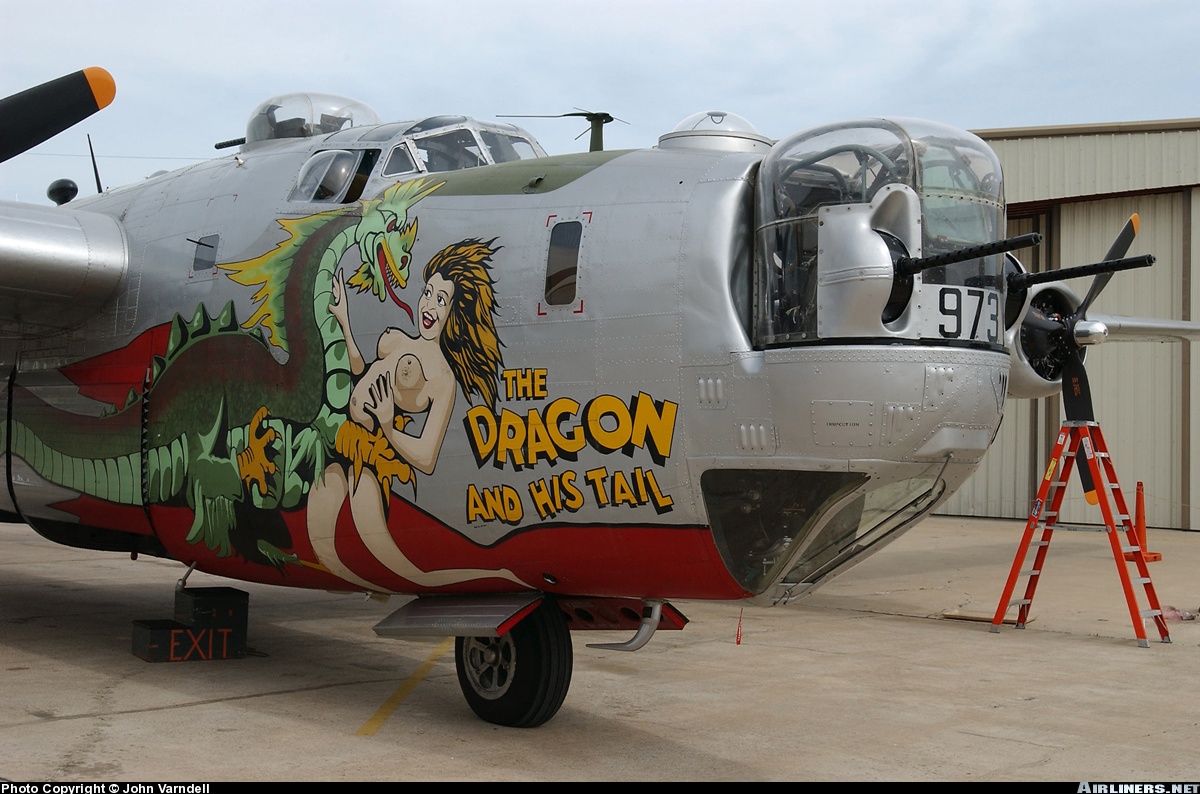
Consolidated B24J Liberator Untitled Aviation Photo 0575269
The Consolidated B-24 Liberator is an American heavy bomber, designed by Consolidated Aircraft of San Diego, California. It was known within the company as the Model 32, and some initial production aircraft were laid down as export models designated as various LB-30s, in the Land Bomber design category.
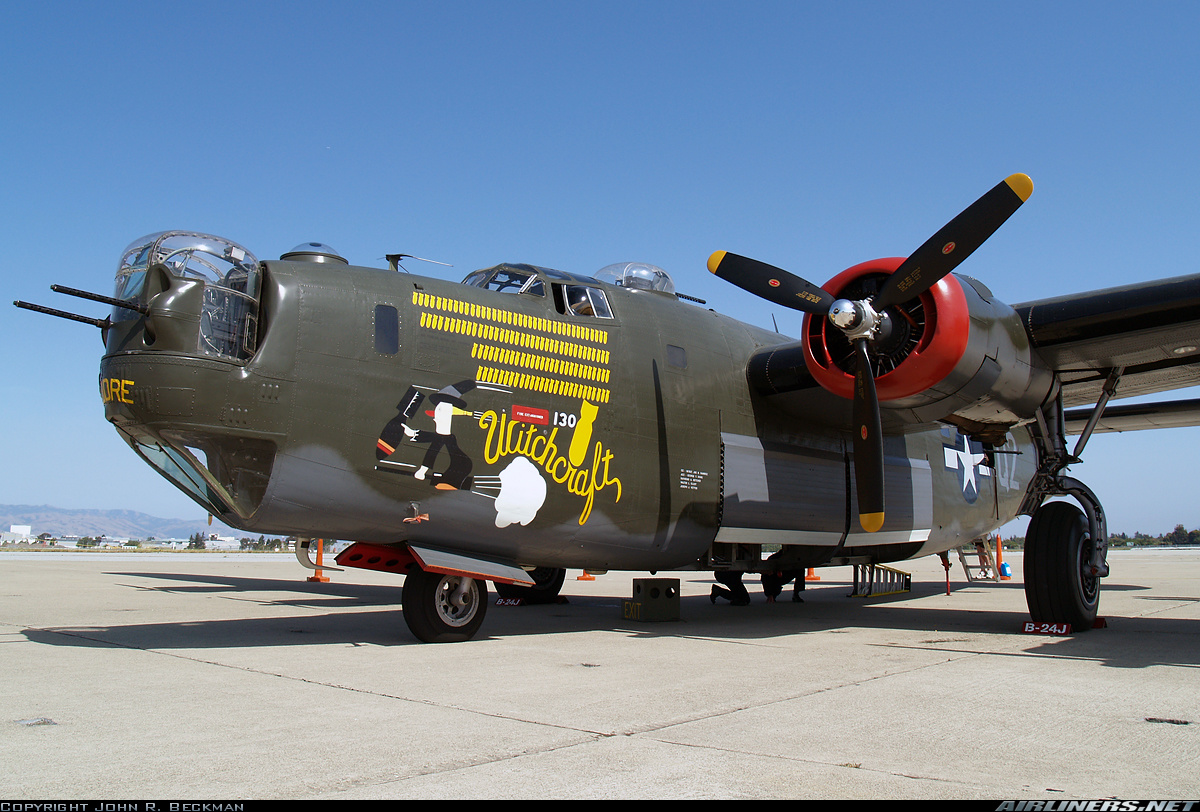
Consolidated B24J Liberator Untitled Aviation Photo 1215516
We don't know about any in-box reviews for this Consolidated B-24 H Liberator (#A09010) from Airfix. Gallery.. by Rane on Pienoismallit. Consolidated B-24J Liberator. Airfix 1:72. by Jürgen Baumgart on Modellversium. Consolidated B-24 Liberator Reference material. B-24 Liberator Also includes Navy PB4Y-1 and PB4Y-2 Privateer. Detail & Scale.

Consolidated B24J Liberator Untitled (Collings Foundation
The Vagabond King, B-24 Liberator #42-40787, shook from the flak concussions, from bullets smashing its windows, and from the roaring rumbling of its four Pratt & Whitney R-1830 fourteen-cylinder radial engines. 1st Lt. John McCormick cursed as the gunner in the top turret opened up with his twin fifties. He was ruining the bomb run!

Consolidated B24J Liberator Untitled Aviation Photo 0872087
The Consolidated B-24 Liberator was the Second World War's most numerous Allied heavy bomber and - at over 18,000 made - the most produced American military aircraft.. The description that follows is typical for a late production B-24J series, any significant variations with other versions are highlighted in the text.
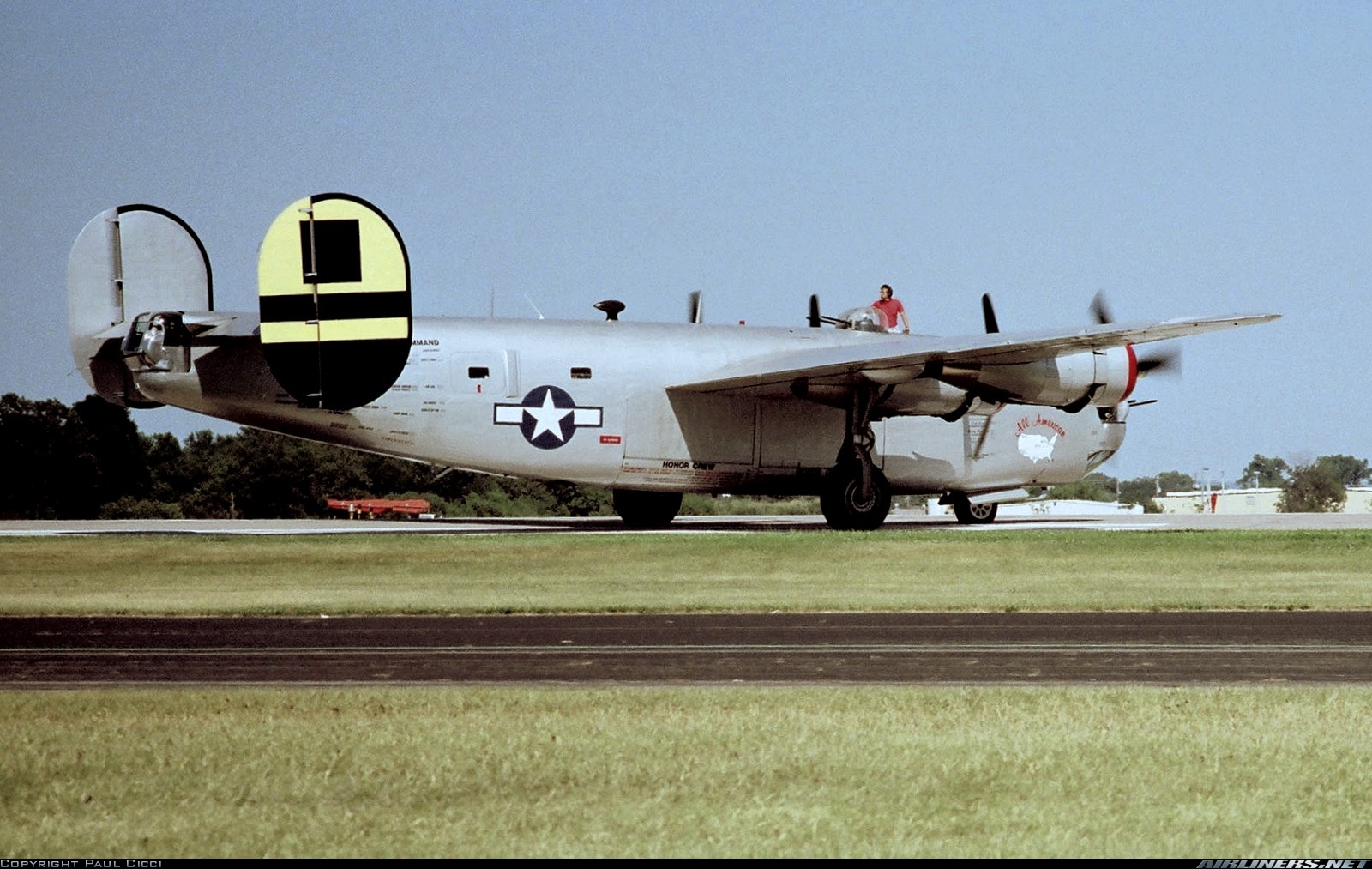
Consolidated B24J Liberator Untitled Aviation Photo 1681904
Captured by: Collings Foundation. This plane is the world's only fully restored and flying Consolidated B-24J Liberator. The restoration took over five years and 97,000+ hours and involved original crew members and builders. Today, she is painted as "Witchcraft" in honor of the veterans of the 8th Air Force, who flew in the European.

Aviation photographs of Consolidated B24J Liberator ABPic
The Consolidated B-24 Liberator was an American heavy bomber that entered service in 1941. A highly modern aircraft for its day, it first saw combat operations with the Royal Air Force. With the American entry into World War II, production of the B-24 increased. By the end of the conflict, over 18,500 B-24s had been constructed making it the.

Consolidated B24J Liberator Untitled Aviation Photo 1876086
B-24J Liberator, SN: 44-40332, crashed early in the morning after departing from Hickam Field on a replacement mission en-route to the 5th AF. Shortly after take off, they failed to make a turn and crashed into Pu'u Uau Ridge in the Ko'olau mountains on Oahu, Hawaii. Some of the wreckage is still visible along the Aiea Loop Trail within the.

Flight Replicas B24J Liberator Preview simFlight
The world's only fully restored and flying consolidated B-24J Liberator is back in the skies after an absence of twenty years. The B-24 fought for our freedom in the skies of Europe and the Pacific through the use of strategic bombing during the Second World War.
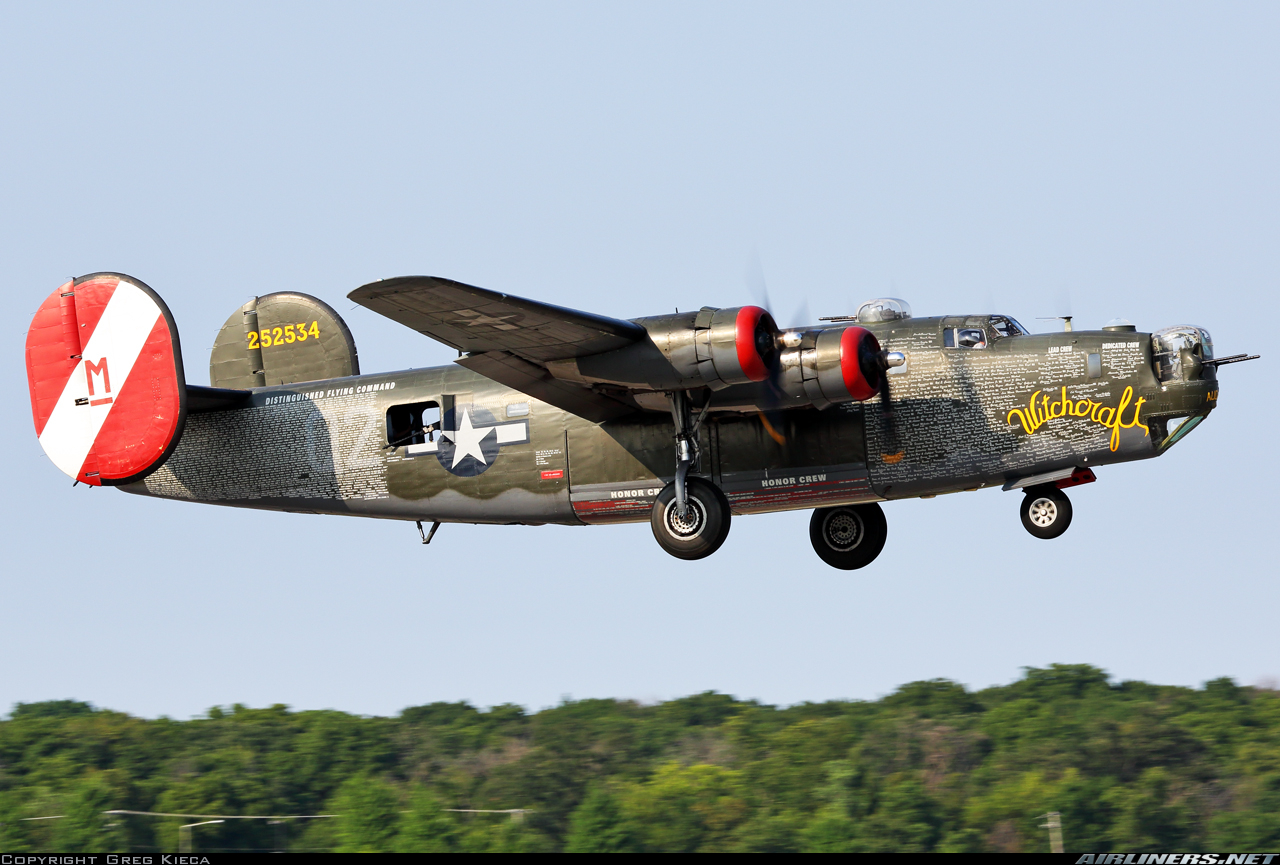
Consolidated B24J Liberator Untitled (Collings Foundation
The Consolidated B-24 Liberator was an American four-engine heavy bomber used by the United States Army Air Forces (USAAF) and other allied air forces during World War II. Of the 19,256 B-24, PB4Y-1, LB-30 and other model variants in the Liberator family produced, thirteen complete examples survive today, two of which are airworthy.